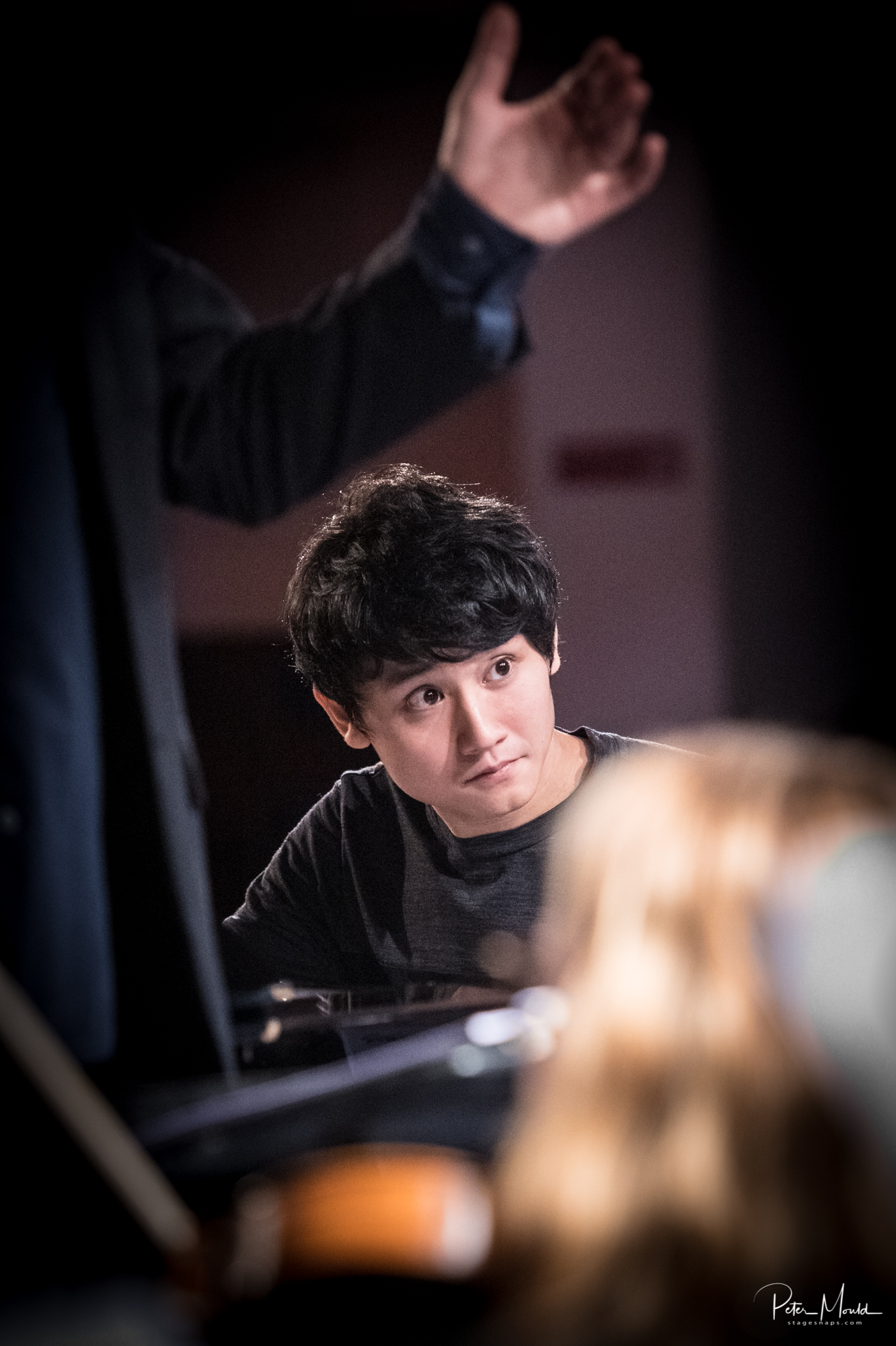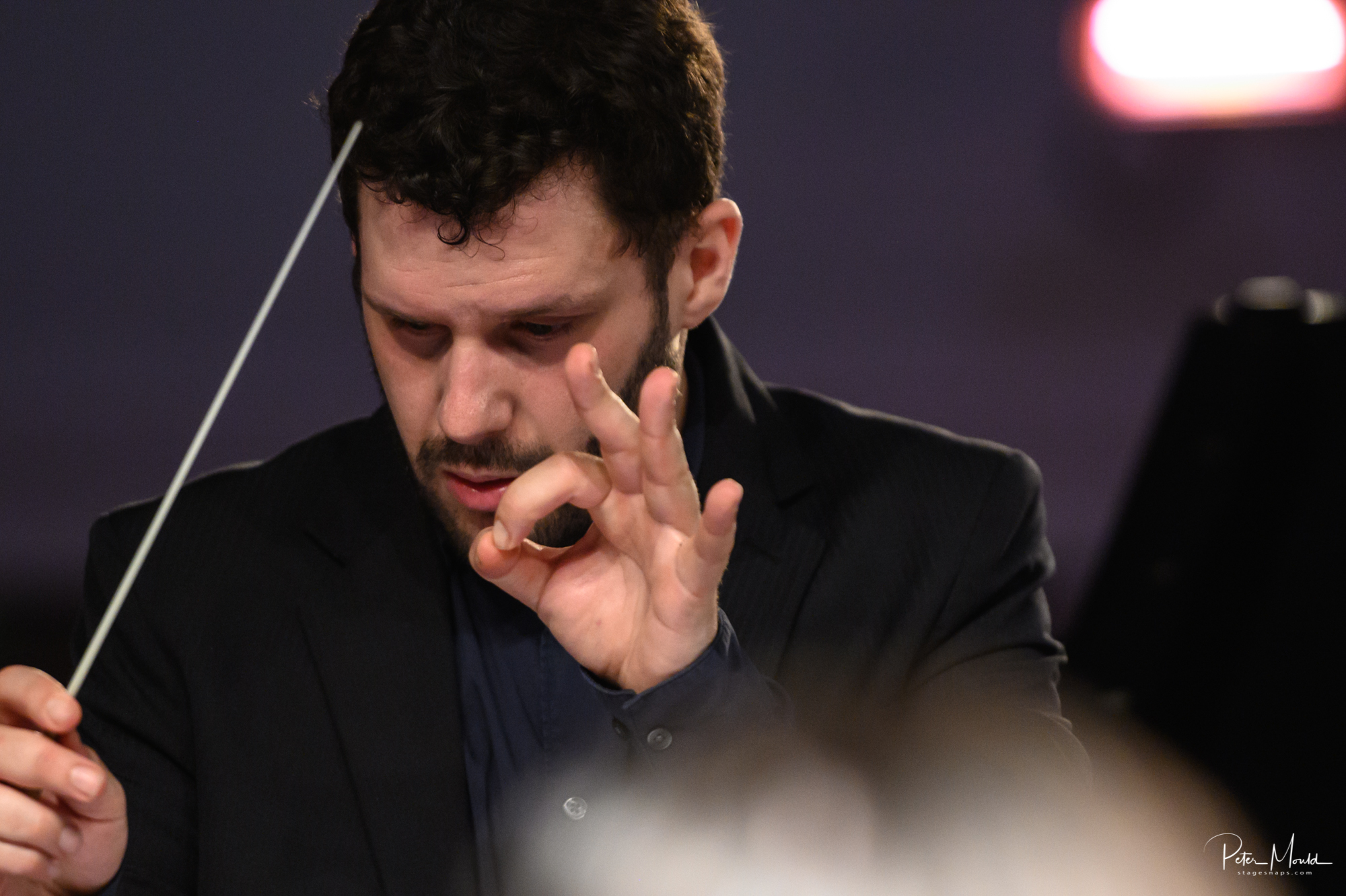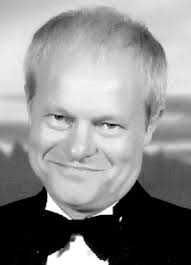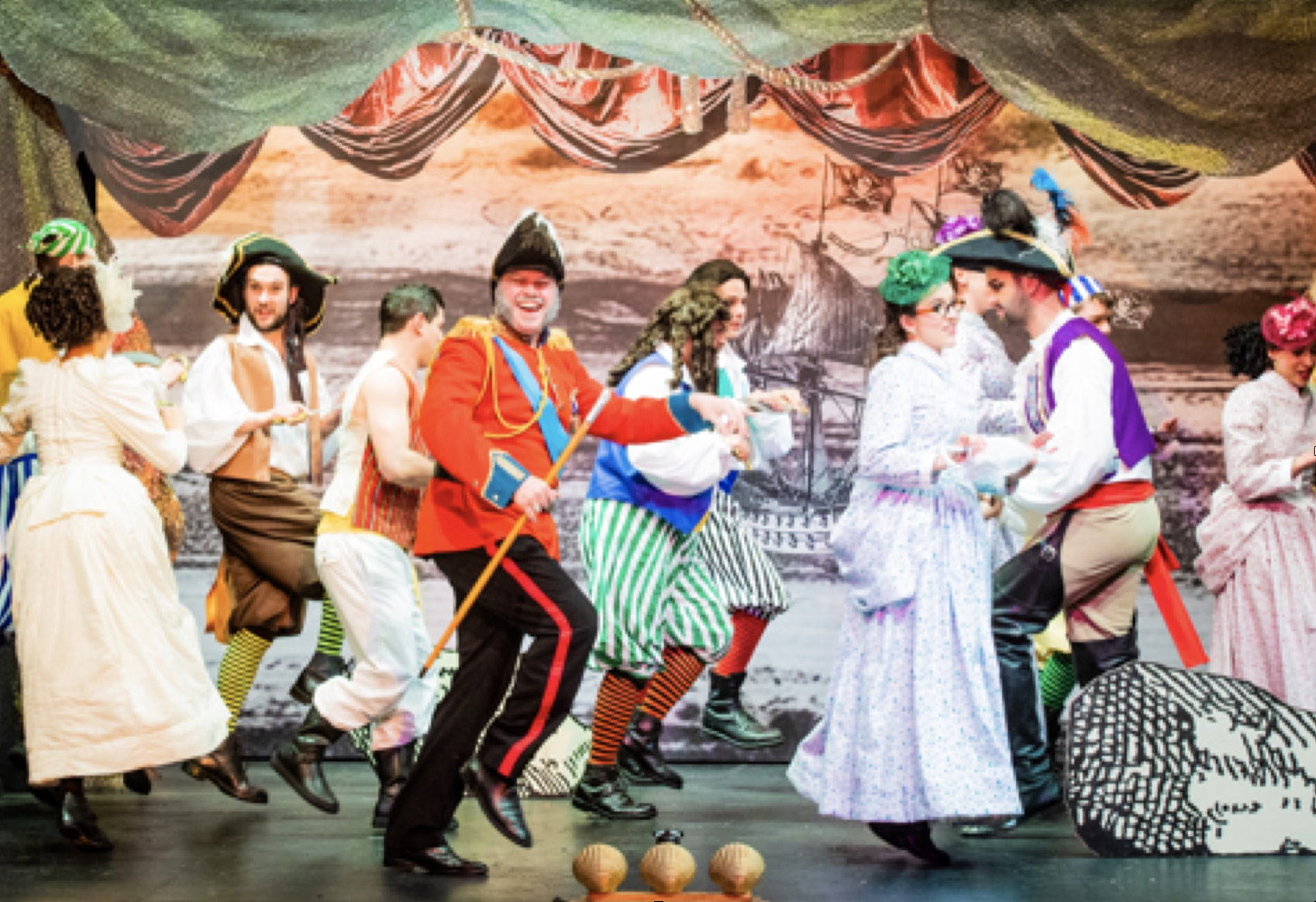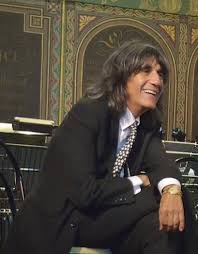17 – 20 October 2019
You can tell when a Festival has come of age when a wet and blustery Friday morning can draw substantial numbers of people to a solo Bach keyboard concert. In a very short time, Hastings Early Music Festival has established itself not only for the quality of the performers – many of them internationally recognised in their field and actively followed at live events – but for the level of audience enthusiasm which the events have raised. Not very long ago I would have had to travel to Brighton, Bath or Buxton to encounter so much early music within such a short time. Yet here we are, in St Mary in the Castle, on a Friday morning to hear Jan Rautio playing Bach.
He opens with BWV 974, the D minor concerto based on Alessandro Marcello. However he is playing a modern Steinway – about as far removed in tone as one could imagine from Bach’s own time, and distinctly different from the original instruments the night before. This itself is tellingly important, for much of the playing seems to look forward rather than backward. The sensitivity of touch on the modern piano, unlike either the organ or harpsichord which Bach and Vivaldi wrote for, allows gradations of tone and volume, of rubato and texture quite impossible on the earlier instruments. As such the slow movement of the Marcello takes on a far more romantic, almost Mozartian feel, and the final movement of the arrangement of BWV593 seems to pre-echo the intensity, if not the magisterial impact, of Beethoven. Between these two we heard the F major Italian concerto BWV971 which impressed with its sense of authority and drive. It could easily have gone on much longer.
The concert mirrored that which we had heard the night before given by the HEMF Baroque Ensemble, made up entirely of original instruments and tuning. Maintaining the egalitarian feel of the ensemble, there was no sense that it was being driven by a despotic conductor as each of the six works was led and introduced by different soloists. We opened on familiar ground with Bach’s 3rd Brandenburg concerto, through the less familiar Harpsichord concerto BWV1056, to Vivaldi’s virile Double Cello Concerto RV531. One of the most pleasing aspects of the evening was the way in which, stood most of the time in a gentle curve, the musical development could be experienced physically as ideas were passed from one player to another along the line and back again. Similarly, the twelve players were equally important to the whole; there was never any sense of a soloist pitted against a supportive body – even in Telemann’s fine Viola Concerto TWV51, which was the only work to come close to a model of the concerto we would come to recognise in the nineteenth century. It was an object lesson in sensitivity and response.
The evening ended with a glorious performance of Bach’s Double Violin Concerto, the second movement as sublime as I can recall it, with never a hint of sentimentality which modern instruments can all too easily bring to it.
This brought us half way through the four main concerts. This evening I Fagiolini at St Mary’s and then the String Quartet concert to round off the weekend at the Kino on Sunday afternoon.

